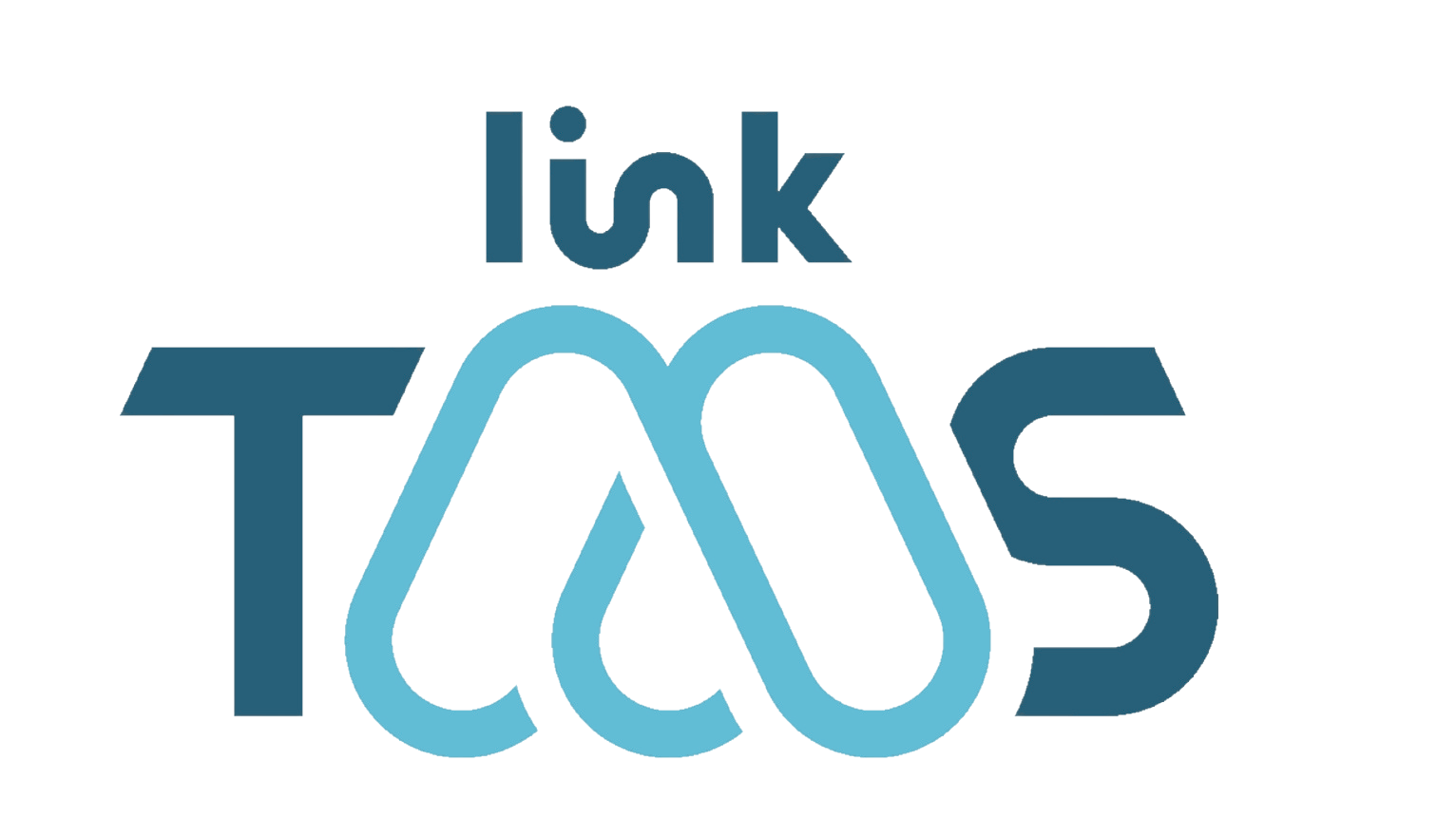
Enterprise Data Warehouse: A Centralized Hub for Business Insights
In the digital age, businesses are accumulating vast amounts of data from various sources. To make informed decisions, they need a comprehensive and reliable solution to store, manage, and analyze this data. The Enterprise Data Warehouse (EDW) has emerged as a powerful solution that provides organizations with a centralized hub for integrating and storing diverse data, empowering them with valuable business insights. This article explores the significance of the Enterprise Data Warehouse, its architecture, benefits, and the role it plays in data-driven decision-making.
Understanding the Enterprise Data Warehouse (EDW)
An Enterprise Data Warehouse is a centralized repository that stores data from different sources within an organization. It serves as a single source of truth, allowing businesses to consolidate data from multiple databases, applications, and systems into a unified, structured format. EDWs are designed to handle large volumes of data and provide fast, efficient access to enable data analysis and reporting.
Key Components of an Enterprise Data Warehouse
- Data Sources: An EDW collects data from various sources, including transactional databases, customer relationship management (CRM) systems, sales data, marketing data, and more. This diversity of data sources ensures that the EDW captures a comprehensive view of the organization's operations.
- Data Integration: Data integration is a critical process in an EDW, involving data extraction, transformation, and loading (ETL). During this process, data from different sources is standardized, cleansed, and transformed into a consistent format before being loaded into the data warehouse.
- Data Modeling: EDWs use various data modeling techniques, such as star schema or snowflake schema, to organize data in a way that facilitates efficient querying and analysis.
- Data Storage: The data storage component of an EDW is optimized for quick data retrieval and supports large-scale data processing.
Role of Enterprise Data Warehouse in Data-Driven Decision-Making
In today's competitive landscape, data-driven decision-making is essential for business success. An EDW plays a central role in this process by enabling organizations to:
- Make Informed Decisions: With a comprehensive view of business data, decision-makers can base their choices on accurate, real-time information.
- Identify Patterns and Trends: EDWs support advanced analytics and data mining, allowing businesses to uncover valuable patterns and trends that may have otherwise gone unnoticed.
- Support Strategic Planning: With the insights gained from an EDW, businesses can align their strategies with market trends and customer preferences, driving competitive advantage.
Conclusion
In the era of big data and information overload, the Enterprise Data Warehouse serves as a crucial asset for organizations seeking to harness the power of their data. By centralizing diverse data sources, enabling efficient data integration, and supporting advanced analytics, an EDW empowers businesses with valuable insights that drive informed decision-making. As data continues to play an increasingly significant role in modern business, the Enterprise Data Warehouse remains an indispensable tool for organizations striving to stay ahead in a data-driven world.
Step into the future of innovation with [Your IT-based Company]. Our expertise in IoT and cutting-edge technologies empowers businesses to drive efficiency, optimize processes, and improve quality of life. Join us on this transformative journey and let's create a connected world that opens doors to endless possibilities. Contact us today to embrace the power of IoT and revolutionize your business. The future awaits, and we're here to lead the way.




